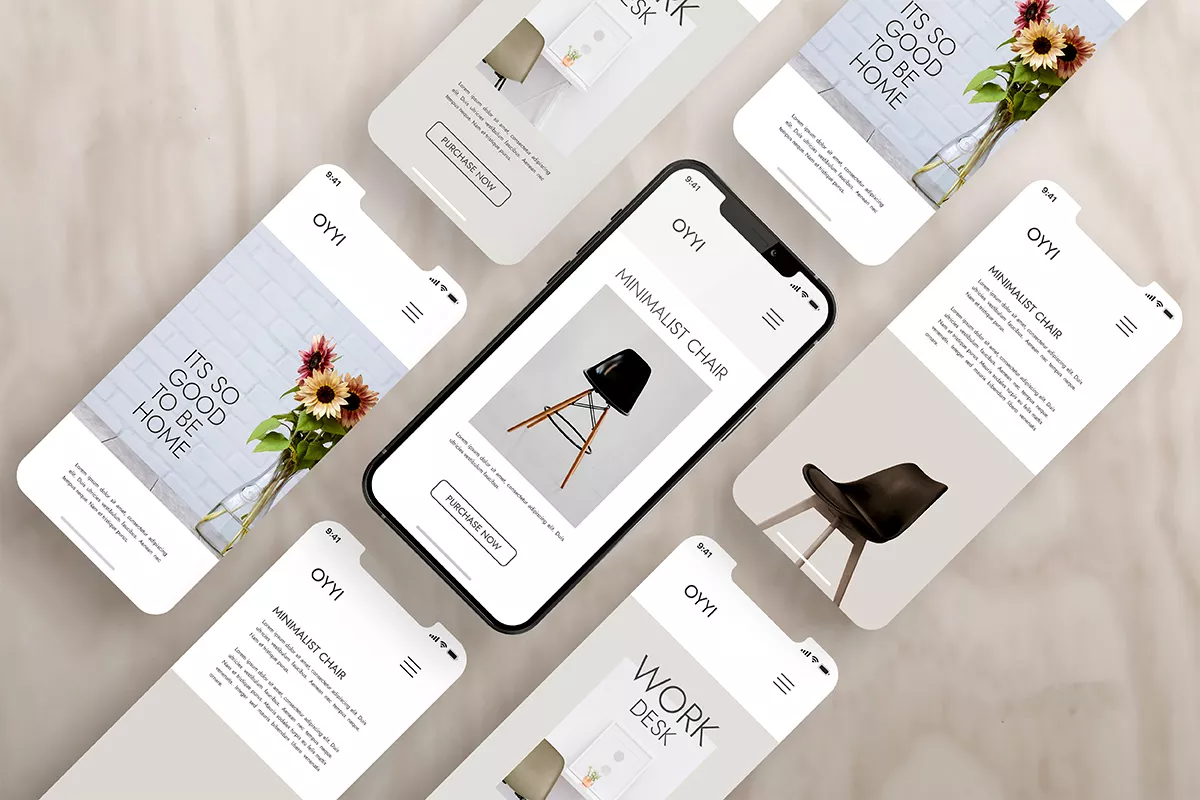According to a Statista analysis, there will be more than 7.5 billion smartphones in use worldwide by 2026. This emphasizes the staggering need for mobile apps, which is expected to rise.
The creation of mobile apps is expanding quickly. Organizations across sectors must satisfy consumer expectations for real-time, practical methods to complete transactions and obtain information, from retail, telecommunications, and e-commerce to insurance, healthcare, and government.
Today, the most common method for individuals and organizations to connect to the internet is through mobile devices and mobile applications that maximize their usefulness. Organizations must create the mobile apps that their customers, partners, and workers want if they want to remain relevant, responsive, and successful.
A lot of independent app development firms opt to create their apps first for Android. Why?
Around 70% of smartphones run the Android operating system, and the Google Play Store has fewer limitations than the Apple App Store. However, there are a lot fewer devices that need to be supported for mobile applications created for iOS, which simplifies optimization. Additionally, iOS applications often have greater user retention.
Let’s imagine you need to create mobile applications for both the iOS and Android platforms. Which software development strategy works the best?
There are two native programs you might create. You may create a sophisticated app by utilizing native APIs and programming languages that are particular to the OS. The majority of corporate apps, particularly those that demand high API traffic, benefit from native development.
For some of the same reasons why independent app developers frequently concentrate on Android, if you want to create native applications one at a time, you’ll probably want to start with Android. You’ll probably have more success creating the entire program as an MVP on Android, then porting it to iOS when it’s out and further improving it.
Native, online, and hybrid mobile applications can be roughly categorized into these three groups. A single operating system is the focus of the development of native apps. For instance, only Android systems can run native Android applications. They cost a lot of time and money to make even if they have the best performance.
In order to operate, responsive web-based apps simply require a web browser, making their development, maintenance, and deployment easy. However, they are not found on the app store.
The greatest aspects of native and online equivalents are combined to create a hybrid application. Cross-platform hybrid apps may be created from a single codebase. The app stores for all platforms include a wide selection of hybrid apps, which are less expensive than native apps.
Frameworks that are used to enable the development of hybrid mobile apps.
Flutter
A Google-created open-source program called Flutter was made available in 2017. It supports a variety of platforms and gives the application real-time updates. Although it isn’t as ancient as some, software companies utilize Flutter a lot to enable hybrid mobile apps.
React Native
Facebook developed the open-source React Native platform. Due to the widespread use of native modules to enhance performance, it is frequently used to create hybrid apps. React Native is designed to communicate with certain platform elements, allowing developers to build hybrid apps that use native APIs and connect better with operating systems.
Mobile hybrid applications are effective substitutes for web-based or native apps. They use both groups’ strengths to create a cost-effective application that is cross-platform compatible, lightweight, efficient, and easy to maintain and deploy.
Due to their comprehensive offline functionality and top-notch traffic handling, hybrid apps are becoming more and more popular.
Benefits of hybrid mobile apps
- Because they can operate on many platforms, hybrid applications can assist you in reaching more clients. Hybrid apps are well-liked by end users because of their top performance, ability to function flawlessly across all platforms, and minimal weight.
- Hybrid apps facilitate code reuse and lighten the load on testing. The infrastructure required to test hybrid applications is also small because they are built from a single codebase, which speeds up the quality assurance (QA) process.
- By employing hybrid apps, UX/UI may be significantly enhanced. Its lightweight user interface makes it easy to load material and graphics more quickly. Hybrid apps are made to fit a range of screen sizes, which guarantees user happiness.
- Hybrid apps don’t require network connectivity to load on mobile devices. This enables them to manage network traffic effectively. A hybrid program like Twitter can manage high amounts of network traffic at all times of the day.
- Applications that are hybrids have a robust offline support system. This makes it possible for the app to function in places with poor internet access, including distant locations or areas with a lot of climatic volatility. Due to the drastic changes in business processes brought about by hybrid apps, businesses all over the world now have access to new markets.
If you’re curious about custom mobile app development services, Get In Touch With Us.



